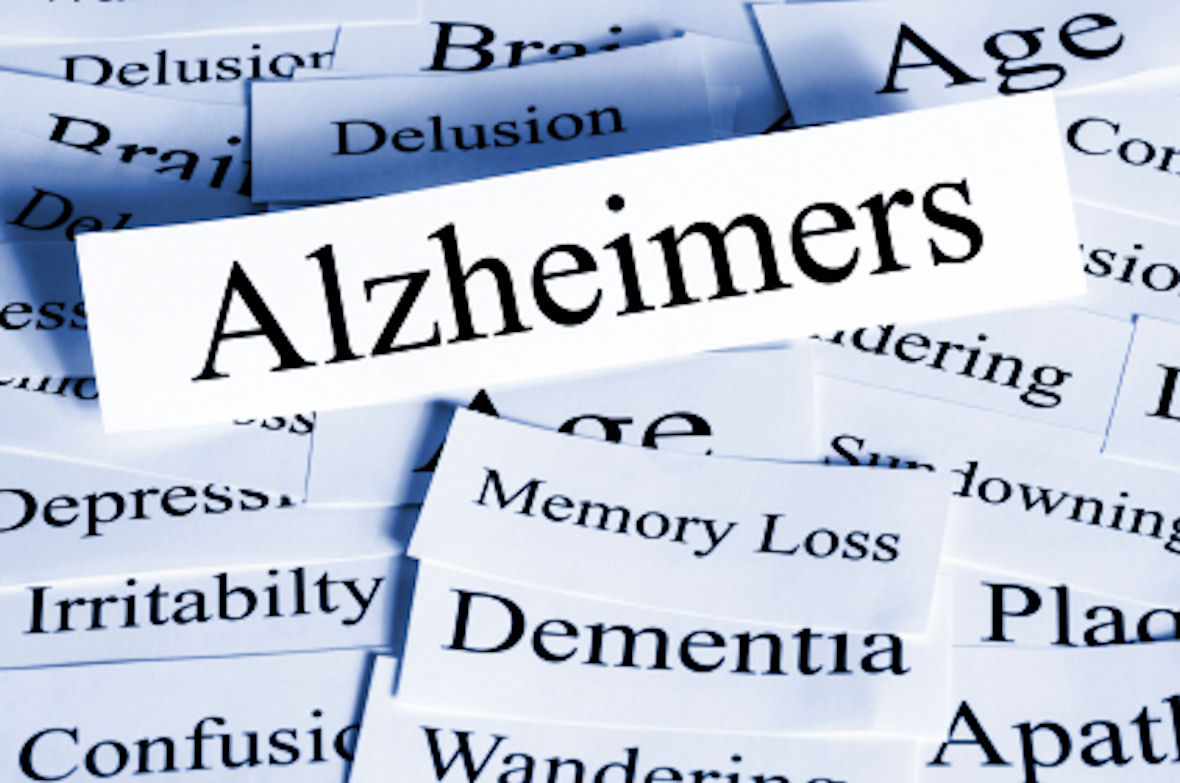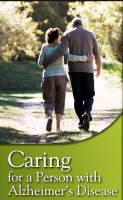1. Are there any medications that someone with Alzheimer’s disease should avoid?
A person with Alzheimer’s disease may be taking medicines to treat symptoms of the disease, as well as other health problems. However, when a person takes many medications there is an increased risk of having an adverse reaction, including confusion, agitation, sleepiness or sleeplessness, mood swings, memory problems, and/or stomach upset.
While it may become necessary for a person to take medicine to treat the severe symptoms of Alzheimer’s disease — such as hallucinations or aggressive behavior — some of these medications can worsen other symptoms of the disease. For example:
- Some drugs such as tranquilizers can cause confusion, increased memory impairment, and slowed reactions, which can lead to falls.
- Certain medicines to treat depression, such as tricyclic antidepressants, can cause sedation and other side effects of particular concern to the elderly.
- These drugs also can react with medicines used to treat Alzheimer’s disease, including Aricept, Cognex, Exelon, Namenda, and Razadyne.
- Some medicine used to treat hallucinations can cause sedation, confusion, and drops in blood pressure. They also can react with medicines used to treat Alzheimer’s disease.
It is important to discuss the pros and cons of these treatment options with your doctor before making a decision regarding medication. In addition, it is important to consider the possible side effects of over-the-counter medications, including cough and cold remedies, and sleep medicines. These drugs may also react with other medications taken by the person with Alzheimer’s disease. It is best to consult your doctor before using any over-the-counter medication.
2. I’m thinking about taking a trip with my father, who has Alzheimer’s disease. Is there anything special I should do?
The most important things to do when traveling with someone with Alzheimer’s disease are to plan ahead and try to anticipate the person’s needs, so you’ll be ready for any changes or problems. As you plan, be sure to consider the stage of the person’s illness and any behaviors that may be affected by traveling away from home. You may want to try taking a short trip to see how your loved one reacts to traveling. Here are a few other tips to consider:
- Plan some activities for the person with Alzheimer’s disease to do when traveling. Simple things — such as reading a magazine, playing with a deck of cards, or listening to music — can help keep your loved one calm when traveling.
- Never leave a person with dementia alone in a car. When moving, be sure to keep the seat belt buckled and the doors locked.
- Plan regular rest stops.
- Bring an extra driver if your trip involves more than six hours of driving time.
- If the person becomes agitated while traveling in a car, stop at the first available place. Don’t try to calm the person while driving.
- Consider planning your vacation at a place that is familiar to the person with Alzheimer’s disease; for example, at a lake cabin that he or she has visited in the past.
- If your loved one is easily agitated, it may be wise to avoid places that are very crowded. You may also want to avoid fast-paced sightseeing trips.
- If your loved one has never been on a plane, it may be wise to consider driving, if possible.
- Alert the airlines and hotel staff that you are traveling with a person who is memory impaired and make sure the person is carrying or wearing some sort of identification.
- Don’t forget that your caregiving responsibilities continue even though you are on vacation. It may help to bring someone along who can help you with these duties.
3. I’m having trouble getting my loved one to eat. What can I do?
Good nutrition is important for people with Alzheimer’s disease. However, dementia can lead to poor nutrition that may be related to different reasons such as a diminished sense of hunger and thirst, problems eating or swallowing, problems using utensils or inability to self-feed, wandering problems, poor food choices, and depression. To get your loved one to eat, try some of the following:
General guidelines:
- Talk to your loved one’s doctor. Sometimes, poor appetite is due to depression, or other treatable problems.
- Don’t force feed. Try to encourage the person to eat, and try to find out why they don’t want to eat.
- Avoid serving non-nutritious beverages.
- Try to get your loved one to eat more protein and healthy fats and less simple sugars.
- Offer small, frequent meals and snacks.
- Encourage your loved one to walk or participate in other types of light activity to stimulate appetite.
- Consider serving finger foods that are easier for the person to handle and eat.
- Remember to treat the person as an adult, not a child. Don’t punish the person for not eating.
Meal guidelines:
- Serve beverages after a meal instead of before or during a meal so that your loved one doesn’t feel full before beginning to eat.
- Plan meals to include your loved one’s favorite foods.
- If insufficient calories is a problem, try getting your loved one to eat the high-calorie foods in the meal first.
- Use your imagination to increase the variety of food you’re serving. Prepare meals that offer a variety of textures, colors, and temperatures.
Snack guidelines:
- Don’t serve foods that provide little or no nutritional value, such as potato chips, candy bars, colas, and other less healthy snack foods.
- Choose high-protein and high-calorie nutritious snacks.
Dining guidelines:
- Make food preparation an easy task: choose foods that are easy to prepare and eat.
- Make eating a pleasurable experience, not a chore; for example, liven up your meals by using colorful place settings and/or play background music during meals.
- Try not to let your loved one eat alone. If you are unable to eat with your loved one, invite a guest to share their meal.
- Use colorful garnishes such as parsley and red or yellow peppers to make food look more appealing.
4. My mother has Alzheimer’s disease, and I’ve noticed she is getting more confused. How can I help her?
There are several things you can try to help a person who is confused:
- Try to minimize any changes in the surroundings or to your loved one’s daily routine. If you have to make changes in routines, do so gradually.
- Follow simple routines and avoid situations that require the person with Alzheimer’s disease to make decisions.
Pages: 1 2





Leave a Reply